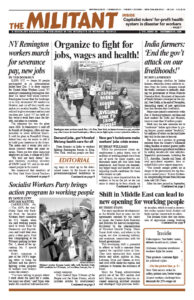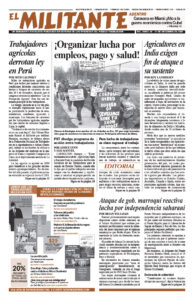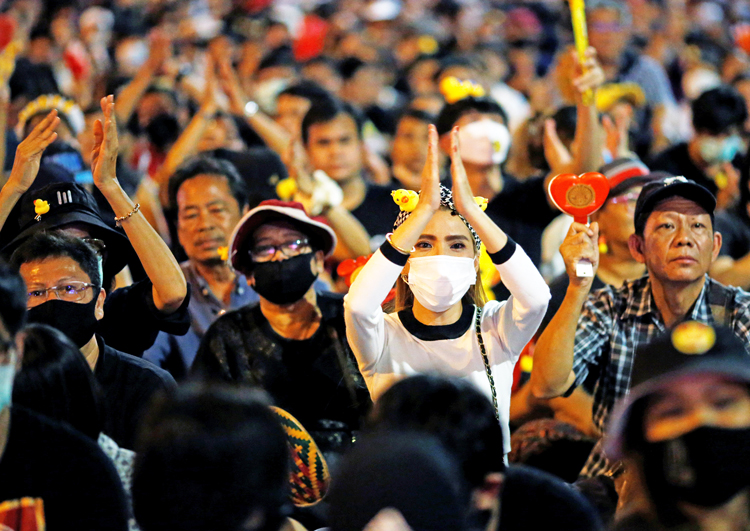Seven young leaders of protests in Thailand were charged Nov. 30 with insulting the king which, if they are found guilty, could mean up to 15 years in prison. Tens of thousands of mostly student-led protesters have been demanding political rights, the resignation of the prime minister and, more recently, constitutional restrictions on the power of the monarchy. Above, Dec. 2 protest in Bangkok.
“This won’t stop our movement,” political science student Parit Chiwarak told reporters in Bangkok. “On the contrary, it will make more people join us.” Parit and the other leaders were questioned and charged at the police station, but not arrested — a rarity for accusations about challenging the monarchy.
The protest wave broke out in February after a court dissolved the Future Forward Party, an opposition party headed by a billionaire auto parts magnate. The new party came in third with 17% of the vote in last year’s election to the National Assembly on a platform of fighting corruption and abusive government policies.
The protests tapered off after the government imposed pandemic-justified lockdowns, but regained momentum in June, becoming more openly critical of the monarchy. King Maha Vajiralongkorn’s ostentatious displays of wealth — spending most of his time in Germany with his harem, making use of his estimated $40 billion fortune in the midst of the deepening crisis facing working people and youth in Thailand — have helped fuel the protests.
Worried that the military could crack down — it has carried out a dozen coups since 1932, the latest in 2014 — protesters held “coup prevention” rallies Nov. 27.
While cops attacked some protests with water cannons and tear gas, the government has proceeded cautiously, worried it could provoke even more powerful actions by workers and peasants.


